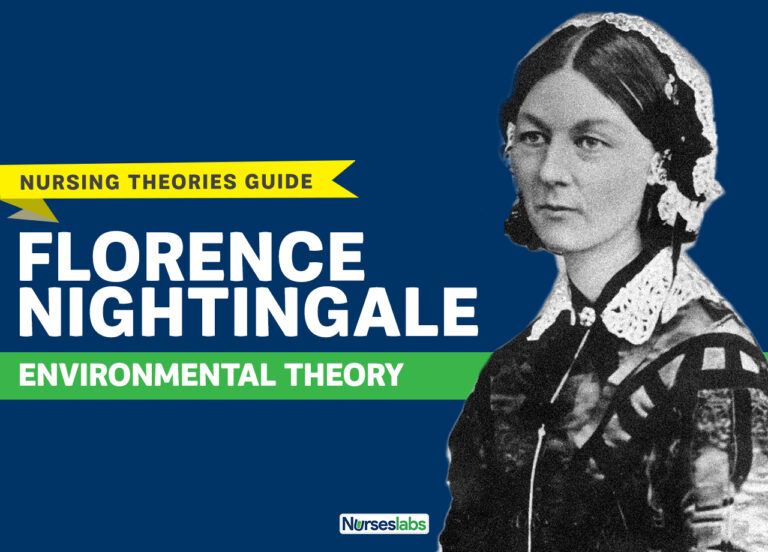Florence Nightingale is renowned as the pioneer of modern nursing.
During the Crimean War, she served as a leading nurse, tending to numerous wounded soldiers.
Her efforts weren’t solely focused on medical treatment; she also worked tirelessly to enhance the treatment environment, advocating for cleanliness and patient-centric care.
Nightingale’s approach to nursing, known as the Environmental Model, emphasizes the importance of the patient’s surroundings in promoting healing and well-being.
She believed that by ensuring a clean and supportive environment, nurses could significantly improve patient outcomes and aid in their recovery process.
Thus, her legacy extends beyond medical care to include a holistic understanding of healthcare that prioritizes the overall well-being of patients.
ALSO READ: Nursing Colleges in Johannesburg | See the Best School to Choose
How does Florence Nightingale define nursing?
According to Florence Nightingale, nursing is defined as utilizing the patient’s environment to improve their conditions and assist in their recovery.
What is the central theme of Florence Nightingale’s nursing theory?
One key theme in Nightingale’s work emphasized the vital role of nursing in overseeing the patient environment.
ALSO READ: Barbara Rhomberg Excellence in Nursing Scholarships 2024
Why is Florence Nightingale called the mother of modern nursing?
Nightingale’s pivotal role in shaping the modern nursing profession endures, marked by her exemplification of compassion, commitment to patient well-being, and meticulous hospital administration.
ALSO READ: Mediclinic Nursing Training Scholarship in South Africa 2023-2024








